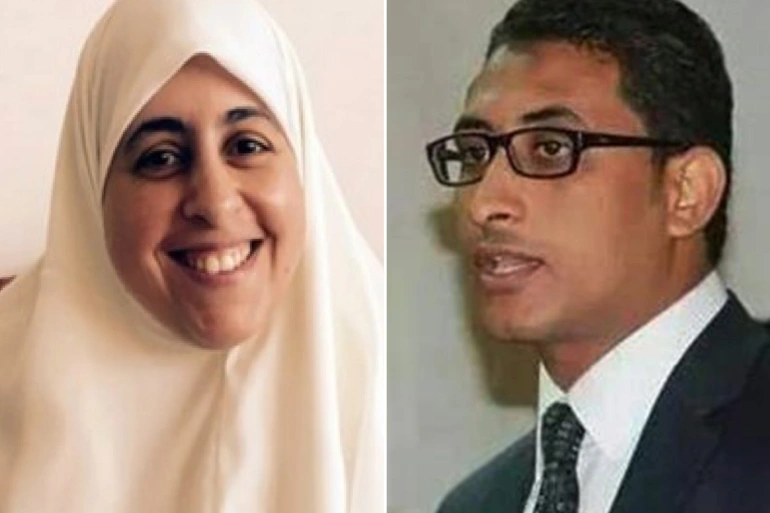Cairo: Egyptian human rights organizations announced the deterioration of the health of Aisha Al-Shater, the daughter of the Brotherhood’s deputy guide, Khairat Al-Shater in Al-Qanater Women’s Prison.
According to a report revealed by the Egyptian Network for Human Rights (ENHR), Aisha is suffering severe health complications, such as bone marrow failure, which led to a shortage of blood cells, including platelets and red blood cells.
The human rights organisation called on the Egyptian authorities to release her. Although she has exceeded the two-year pre-trial detention period stipulated by Egyptian law, she has not been released despite requests for bail in view of her deteriorating health conditions.
In the last court session, the Emergency State Security Court decided to allow Aisha to be treated by haematologists and oncologists.
As per media reports, Al-Shater in the last court session appeared pale and unwell, leading many social media users to draw comparisons and highlight how she looked before her arrest.

Human rights organisations have previously warned that she could die in prison if not given the proper medical care needed.
Egyptian authorities had arrested Aisha al-Shater and her husband, human rights lawyer Muhammad Abu Huraira, on November 1, from their home in Nasr City, east of Cairo, on charges of participating in a terrorist group in achieving its goals, receiving financing for a terrorist purpose, and participating in a criminal agreement intended to commit a terrorist crime.

The human rights organization said that Al-Shater “has faced several types of serious violations since her arrest on November 1, 2018, such as physical torture by beating and electric shocks, psychological abuse and ill-treatment, preventing her from visiting her family, and placing her in solitary confinement for more than a year.”
Shater is one of at least 60,000 political prisoners detained since President Abdel Fattah Al-Sisi took office in 2013, after his coup against the first democratically-elected civilian president, the late Mohamed Morsi.
